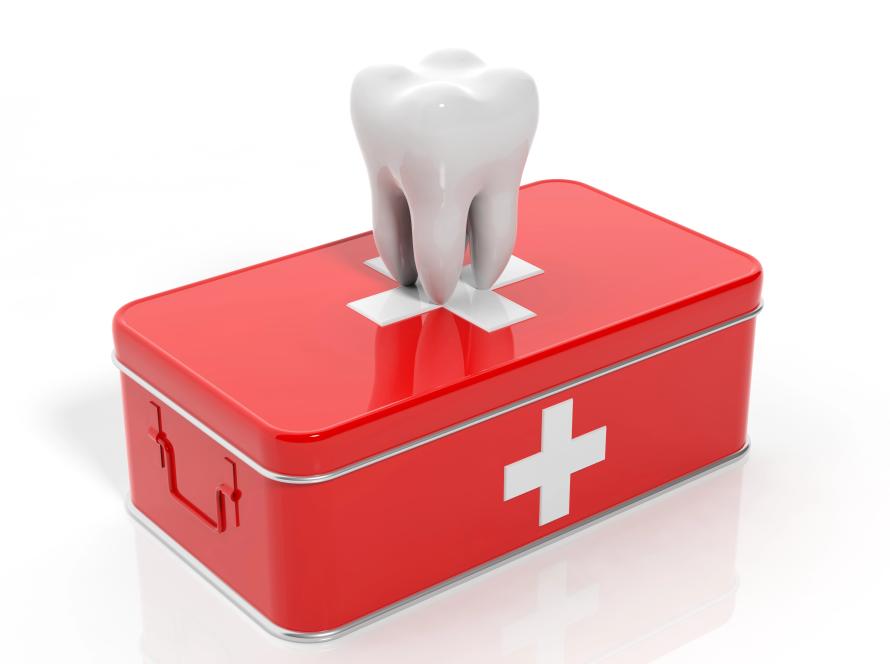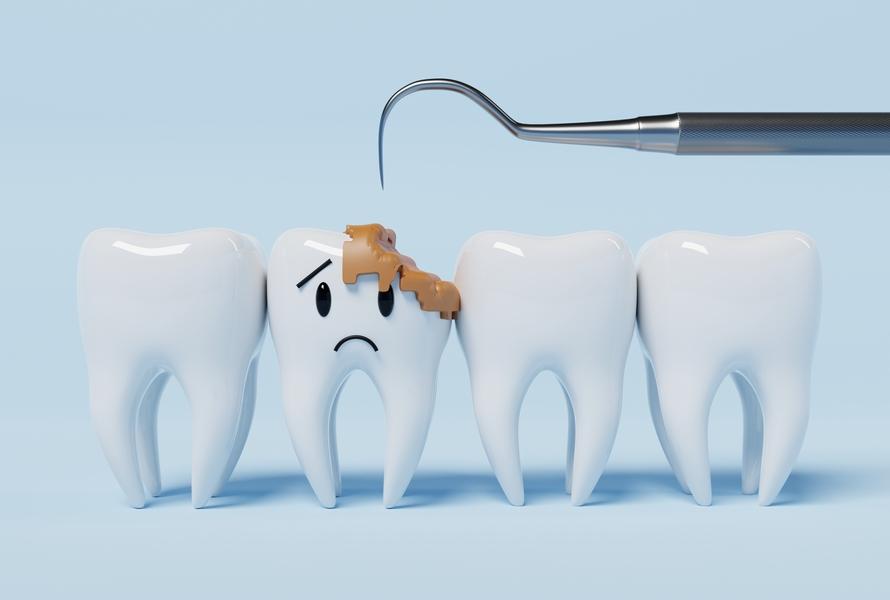Understanding your child’s habits is crucial in fostering healthy development because these habits can significantly impact their overall well-being, including their oral health. By observing and identifying your child’s behaviors, you can better understand how to support and guide them in maintaining good dental hygiene. Woodlawn Kids Dental recognizes the importance of helping parents recognize these habits and their potential effects on oral health, providing valuable insight and guidance for ensuring your child’s well-being. Our pediatric dentistry team educates and empowers parents to make informed decisions that promote overall health and kids’ oral care. (Source: Nemours Kids Health, Your Child’s Habits, medically reviewed by KidsHealth Medical Experts, https://kidshealth.org/en/parents/five-habits.html?ref=search ).
What’s a Habit?
“Habits, which are defined as routine behaviors that are often performed unconsciously, play a significant role in shaping a child’s day-to-day life. By recognizing and understanding these habits, parents can gain insights into their child’s needs and responses to stress. This initial step can set the stage for effective communication and support in addressing any underlying issues or concerns that may be impacting the child’s well-being”, comments Woodlawn Kids Dental.
Nail Biting
“Parents can help their children stop nail biting by identifying triggers like stress or boredom and addressing them. Encouraging the use of substitutes such as stress balls, applying natural organic bitter-tasting cuticle/nail oils, and giving regular manicures can also be effective. Nail biting can damage the child’s teeth, potentially leading to chips or cracks, and can stress the jaw, increasing the risk of TMJ disorders. It may also cause gum injuries. Persistent nail biting might indicate underlying emotional issues, such as anxiety, suggesting a need for professional consultation if accompanied by other behavioral concerns”, shares Woodlawn Kids Dental.
Hair Twirling
“Hair twirling, a seemingly harmless habit, is often a subconscious response to stress or boredom. When children engage in this behavior, it may indicate an underlying emotional or psychological issue that needs to be addressed. By acknowledging and understanding the triggers for hair twirling, parents can prevent this habit and offer other coping mechanisms for comfort or to help alleviate negative feelings. If your child is consistently twirling their hair, bring this to the attention of their pediatrician and pediatric dentist,” explains Woodlawn Kids Dental.
Nose Picking
“This common habit can introduce germs into the body, increasing the risk of illnesses. Good hygiene practices are essential, and we’re here to offer tips on how to encourage your child to stop.”
Thumb Sucking
“Thumb sucking can have a detrimental impact on teeth alignment and jaw development, especially if the habit persists beyond a certain age. It is important for parents to address this habit in a timely manner in order to prevent potential orthodontic issues in the future. Our team is dedicated to helping parents find successful strategies to gently guide their children away from thumb sucking, ensuring optimal oral health and proper development of the teeth and jaws,” shares Woodlawn Kids Dental.
What Causes a Habit?
“Many habits in children, such as nail biting or thumb sucking, often develop as ways to find comfort or cope with stress. Understanding the specific triggers for these habits is crucial for parents aiming to help their children establish healthy routines. By recognizing what prompts these behaviors, parents can more effectively address the underlying issues rather than just the symptoms. This approach involves integrating stress management techniques and positive distractions into daily routines, ensuring that children have healthier alternatives to fall back on when they feel overwhelmed or anxious”, expresses Woodlawn Kids Dental.
Coping with Your Child’s Habit
“When addressing your child’s habits, it’s crucial to approach the situation with patience and understanding. As children’s dentists, we advocate for the use of positive reinforcement to modify behaviors gently without adding stress. This method not only encourages good dental hygiene practices but also helps children replace undesirable habits with positive ones. By understanding and sympathetically guiding your child through these changes, you contribute significantly to their overall dental health and well-being. Encouraging visits to a children’s dentist can also reinforce the importance of maintaining healthy oral habits”, shares Woodlawn Kids Dental.
When a Habit is No Longer Just a Habit
“When a child’s habits begin to disrupt their daily functioning or health, parents should consider seeking professional guidance. Persistent habits that affect a child’s social interactions, school performance, or lead to physical symptoms, such as damage to the teeth from nail biting or jaw alignment issues from thumb sucking, signal a need for intervention. A children’s dentist or pediatrician can provide specialized care, offering both behavioral strategies and, if necessary, medical treatments to address these issues effectively. They can help parents understand the severity of a habit and its potential long-term consequences, ensuring that the child receives the right support to overcome these challenges,” explains Woodlawn Kids Dental.
Helping your children develop and maintain healthy habits is crucial to promoting their overall well-being. By addressing and overcoming unhealthy habits, such as poor oral hygiene practices, you can improve their oral health and set them on a path to a healthier future. Woodlawn Kids Dental offers support and tailored advice to assist you in guiding your child toward a better understanding of proper oral care practices. With our expertise and resources, you can work together with your child to cultivate habits that will benefit their long-term health and well-being. Contact Woodlawn Kids Dental today for more information on your child’s dental habits.


